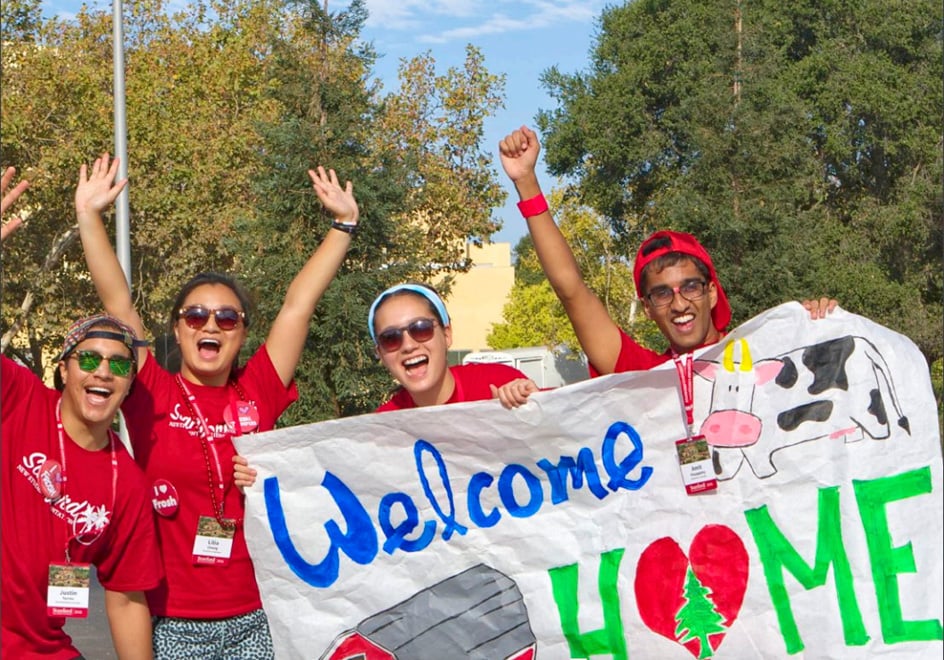Like the rest of the undergraduate population, incoming student staff are faced with great uncertainty in what the coming year will look like, especially in terms of how they will staff frosh.
While student staff of Resident Fellow houses will be able to keep their jobs despite the reduced capacity of undergraduate housing, the lack of clarity from ResEd coupled with challenges posed by the pandemic worries some incoming staff.
Given the importance of residential assistant (RA)-led community building, Jack Foster ’21, who plans to staff the all-frosh dorm Cedro, is concerned about creating a community if in-person experiences and activities are moved online (specific COVID-19 related restrictions for on-campus students have yet to be announced).
“It’s one thing to maintain friendships via video chat … but it’s really hard to make new friends,” he said. “A big part of how that community forms is when you’re sitting in your room bored [and decide to] walk down to the lounge … and sit down and talk to [the residents].”
Incoming Rinconada frosh RA and Daily staff writer Caroline Kim ’21 echoed this sentiment.
“I think it’s really hard to keep communities alive online,” she said. She believes that online communication lacks important aspects of interaction “like body language” from both residents and RAs.
“Meeting new people [through Zoom], I’ve learned, [is] very awkward. It’s very hard,” she said.
Although being an RA has always been demanding commitment, the pandemic has added another layer of responsibility.
“[There’s an] added pressure that I have to learn and I have to be good enough to be there for the students who are gonna be faced with the exact same things that we are but on a different level because they are new and … haven’t experienced anything yet,” said Habeeb Jimoh ’22, who plans to staff the four-class dorm West Flo.
In addition to helping frosh navigate the usual introduction to Stanford, staff will have to learn how to support residents through personal impacts that COVID-19 might have on them.
“We need to make sure that we have a bigger focus on mental health issues,” Jimoh said. “That depends on staff training.”
Despite the ambiguity RAs are facing fall quarter, there still is optimism from incoming staff.
“This isn’t what I signed up for, but [I’m asking myself] ‘how can I make the most of this?’” Foster said.
Kim is similarly taking the changes in stride: “Going into the job, I knew it would be hard,” she said. “Now, it’s just going to be different, and you have to be flexible.”
“There are new challenges, but it would just be an added part of the experience,” Jimoh added.
Contact Julie Ham at julieham03 ‘at’ gmail.com.
